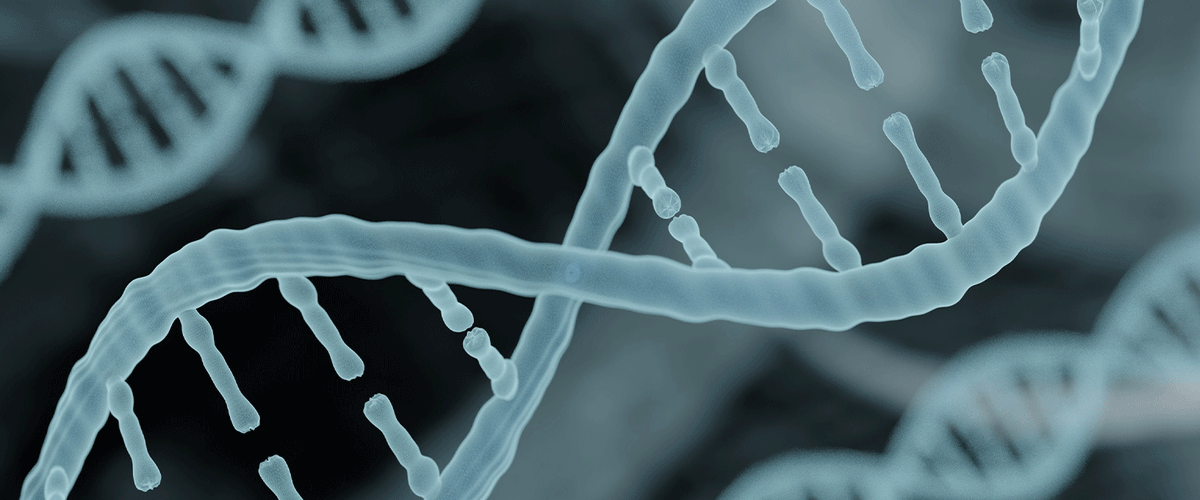Computational Biology & Medicine
With the increasing availability of data and the improved understanding of system-level interactions in biological systems, computational methods have found many applications in biology and medicine. Research in CISE develops algorithms for long-standing problems in computational biology, such as predicting and characterizing protein interactions, optimizing metabolic networks, and developing computational neuroscience models. Another line of research develops computational methods to advance experimental observation techniques used in biology, from imaging methods to atomic force microscopy. A burgeoning area of research applies Artificial Intelligence (AI) methods to medical data, leading to disease/outcome prediction models and medical decision-making tools.
Analysis and Prediction of Molecular Interactions
The research in our lab focuses on molecular recognition using computational methods and follow-up validation experiments. Our primary target areas are (1) protein-protein docking and (2) exploring binding properties of proteins by computational solvent mapping. Protein docking methods are needed because many important interactions occur in weak, transient complexes that are not amenable to direct […]
AF: Small: Manifold optimization algorithms for protein-protein docking
Proteins are the major building blocks of the cell. Many proteins perform their function by interacting with other proteins. In a typical cell hundreds of thousands of different protein interactions take place. Characterizing these interactions helps elucidate how living organisms function at the molecular level, contributes towards the development of treatments against diseases such as […]
ABI Development: Utilization of Diverse Data in Exploring Protein-Protein Interactions
Each living cell is packed with proteins that continuously interact with each other in response to envirtonmental and other signals to control the cell’s growth and eventual fate. The analysis of such interactions is crucial for understanding signal transduction pathways that drive cell differentian during development and throughout the life an an organism. These pathways […]
CPS: FRONTIER: COLLABORATIVE RESEARCH: BIOCPS FOR ENGINEERING LIVING CELLS
Recent developments in nanotechnology and synthetic biology have enabled a new direction in biological engineering: synthesis of collective behaviors and spatio-temporal patterns in multi-cellular bacterial and mammalian systems. This will have a dramatic impact in such areas as amorphous computing, nano-fabrication, and, in particular, tissue engineering, where patterns can be used to differentiate stem cells […]
Interdisciplinary Team Sheds Light on How Proteins Bind
Finding Could Open Up New Drug Discovery Opportunities Over the past six years, an interdisciplinary team of College of Engineering faculty members—Professor Sandor Vajda (BME, SE), Research Assistant Professor Dima Kozakov (BME), Professor Yannis Paschalidis (ECE, SE) and Associate Professor Pirooz Vakili (ME, SE)—have been developing a set of powerful optimization algorithms for predicting the structures of complexes that form when […]
2012 IEEE International Symposium on Biomedical Imaging Travel Support Barcelona, Spain
The IEEE International Symposium on Biomedical Imaging: From Nano to Macro (ISBI) is a forum that has traditionally focused on the computational and modeling aspects of biomedical imaging. It emphasizes methodologies that have the potential to be applicable to multiple imaging modalities and to imaging at different scales. Topics include physical, biological and statistical modeling […]
Refinement Methods for Protein Docking based on Exploring Multi-Dimensional Energ
All successful state-of-the-art protein docking methods employ a so called multistage approach. At the first stage of such approaches a rough energy potential is used to score billions of conformations. At a second stage, thousands of conformations with the best scores are retained and clustered based on a certain similarity metric. Cluster centers correspond to […]
IDBR: Simultaneous Tracking of Multiple Particles in Confocal Microscopy
This award is for the development of techniques for tracking multiple fluorescing particles simultaneously in a confocal microscope. The project will initially develop algorithms for tracking single fluorescent particles in vitro and inside living cells. Techniques from modern systems and control theory, including limited communication control and optimal estimation, will be built upon to enable […]
Computational mapping of proteins for the binding of ligands
The proposal requests the renewal of the grant “Computational Mapping of Proteins for the Binding of Ligands”. Mapping globally samples the surface of target proteins using fragment sized molecular probes. The general goals of mapping are determining binding hot spots, i.e., regions of proteins that are major contributors to the binding free energy, and identifying […]
